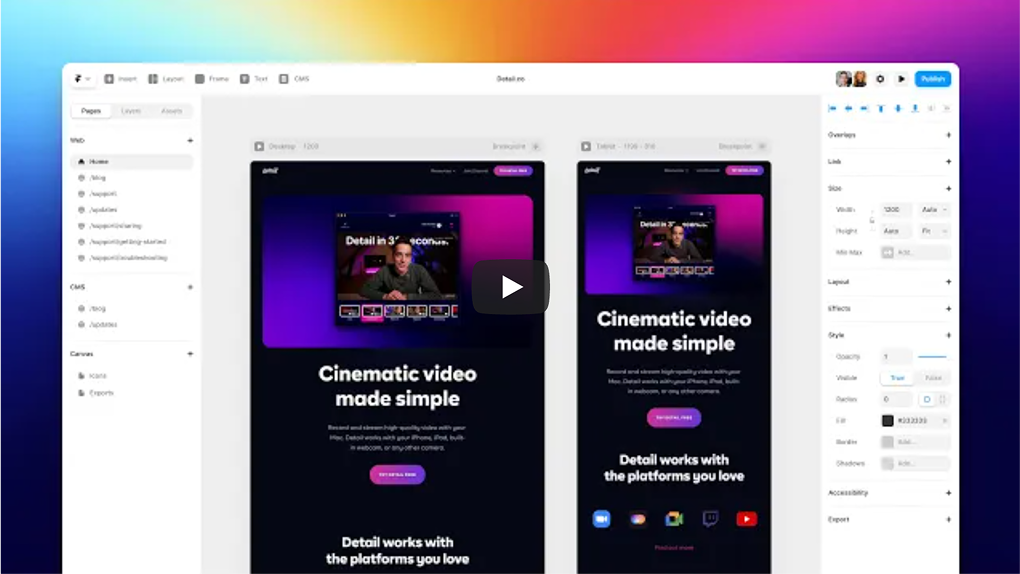
Are you curious? It’s time to be!
April 22, 2022

When most employees are asked what makes them stand out at their job as compared to their colleagues, they normally say things like being qualified, delivering excellent results, being skilled, and so on. However, they rarely mention their ability to learn more on the job, their curiosity and willingness to learn. That is a quality that many underestimate and undervalue.
Curiosity, according to experts, is essential for employee growth and achievement. Curiosity, or the desire to learn new things and explore new possibilities, plays a vital role in people’s lives. Curiosity is far more vital to a company’s success than previously imagined and recent research published in the Harvard Business Review substantiates that. It highlights 3 key findings about how curiosity in the workplace leads to higher-performing teams:
- Employees and their leaders can respond to market realities and challenges by cultivating curiosity.
- Curiosity allows them to make creative decisions by thinking creatively and rationally about things.
- Curiosity also aids in the development of a more trusting and collaborative relationship between leaders and their staff.
Simple modifications are all that is required for leaders to stimulate their employees’ interest, but many leaders suppress curiosity out of concern of increasing risk and inefficiency. This concern was addressed by Peter Kimbowa, a business consultant at IFE Consultancy, when he addressed accountants about the importance of curiosity in the workplace at the 24th Annual Institute of Certified Public Accountants Uganda (ICPAU) conference at Imperial Royale Beach Hotel recently. He stated:
“Curiosity improves engagement and collaboration. Curious people make better choices, improve their company’s performance, and help their company adapt to uncertain market conditions and external pressures.”
By making tiny adjustments to their organization’s design and how they manage their personnel, leaders can inspire curiosity in themselves and others.
According to a report released by the World Economic Forum in 2018, curiosity is among the many skills along with creativity, originality, and initiative, critical thinking, analysis, complex problem-solving, leadership, and social impact that will be essential for the future of work in 2022 and beyond.
But, how does curiosity benefit you in the workplace?
- Curiosity actively cuts down the scope for errors while making decisions. This is largely because you’re less likely to fall prey to confirmation bias and/or form judgements.
- It leads to enhanced creativity and innovation. Curiosity is linked to fewer protective stress reactions and fewer aggressive responses to provocation.
- Leads to team-building and eliminates conflict as the team takes keen interest in other people’s thoughts than in their own.
- Teams communicate better, hence perform better as they are more open to sharing information and listen more intently.



